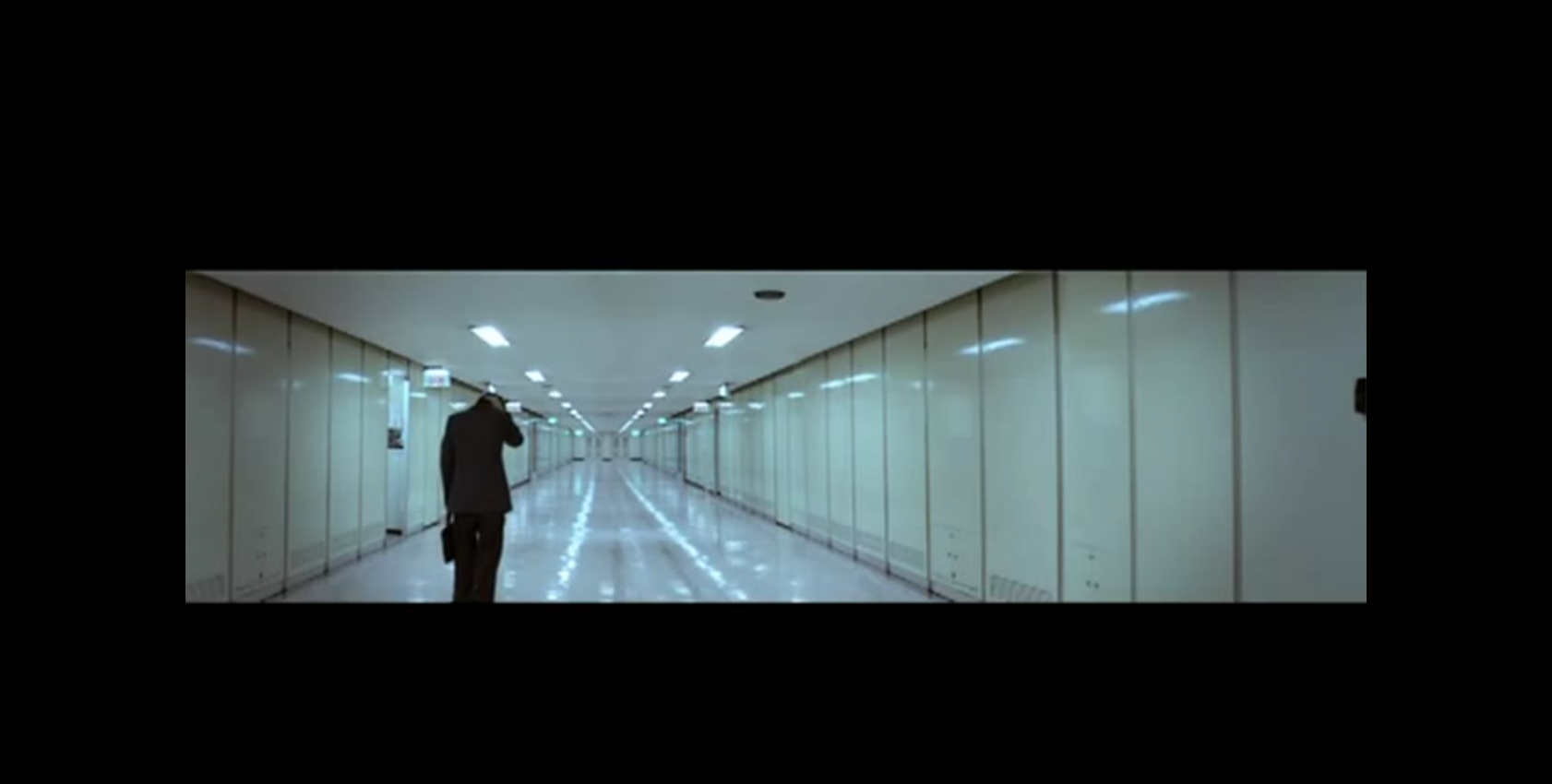 For anyone who was socialised in the developed world during the 1980s, 1990s and maybe even 2000s, Japan was arguably synonymous with one thing above all: technological magnificence, much of it in the service of futurism. As a whole, the West only managed to take industrial development to a certain point and no further: more than anyone else, it was the Japanese that transformed the world of nineteenth century-style factories churning out clunky analogue products into a universe of cute, smart electronics manufactured by R&D intensive laboratory-plants. Japanese ingenuity represented Advancement.
For anyone who was socialised in the developed world during the 1980s, 1990s and maybe even 2000s, Japan was arguably synonymous with one thing above all: technological magnificence, much of it in the service of futurism. As a whole, the West only managed to take industrial development to a certain point and no further: more than anyone else, it was the Japanese that transformed the world of nineteenth century-style factories churning out clunky analogue products into a universe of cute, smart electronics manufactured by R&D intensive laboratory-plants. Japanese ingenuity represented Advancement.
Yet in recent years, Japan seems to be pioneering a new form of whatever is to come for humanity – and it doesn’t look as sexy. Indeed, examining the various macro-trends within the Japanese economy and society as a whole – trajectories almost certain to be followed by much of the rest of the planet – the Brave New World being sketched out by this particular member of the G3 are enough to give us all pause for thought:
1. Bubble Mania. Way before anyone had coined the phrase ‘credit crunch’, the Japanese had produced a world-class real estate bubble, with select properties in the pricier areas of Tokyo reaching a stunning ¥30m/US$215,000 per square metre. The consequences were predictable: the asset bubble was pricked; the Japanese government bailed out horribly exposed financial institutions instead of letting them go to the wall; property prices collapsed anyway; and conventional economic growth has been unheard of in the country ever since. This did not stop the United States (and to a lesser but still vast degree, Europe) from copying this particular Japanese model.
2. Nuke Me Slowly. This is a caption from an ironic t-shirt that our CSO spotted being sported by a Yoshi’s Island player in London during the mid-1990s; however, the Japanese seem to have taken this exhortation all too literally, with the construction of nuclear power plants on earthquake fault lines yielding nation-defining results at Fukushima. This has not stopped other quake-prone nations – India, China and Iran amongst them – from opening nuclear power plants in catastrophe-guaranteeing locations.
3. File>Print x ∞. Confronted with a two-decade economic slump and reeling investor confidence, Japanese Prime Minister Shinzō Abe has responded in the manner required for testing times: ordering the Bank of Japan to print the bejesus out of what is left of the yen. This strategy – such as it is – may have the benefits of engendering a temporary stock market spike and giving a little bit of breathing space to vastly overstretched and uncompetitive Japanese exporters; it will also bring Japan to new economic lows while not solving any of its structural problems. Naturally, both local and global audiences – from idol group Machikado Keiki Japan to über-economist Joseph Stiglitz – are begging for more.








